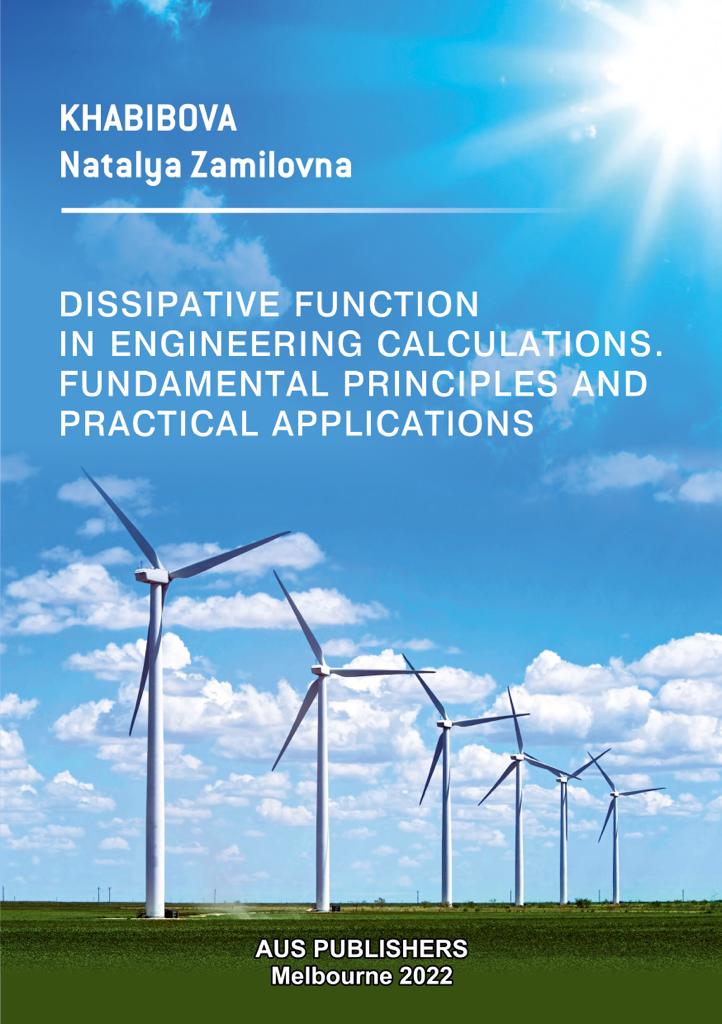Russian Federation
The monograph presents the results of a study of the digital economy as a new paradigm of economic development, a system of economic relations implemented through the use of digital information computer technologies. It is noted that the main problem in the formation of sustainable economic growth and the successful introduction of digital technologies are the challenges of digitalization of the economy. New digital technologies, innovative business models penetrate into all spheres of the economic life of society, influencing the very essence of the economy, forming qualitative structural changes in it. As a result, a digital economy is being formed as a subsystem of the traditional economy, characterized by the active use of digital technologies and the circulation of specific electronic goods. The monograph is intended for researchers, teachers, graduate students, undergraduates, as well as a wide range of readers interested in topical issues of digitalization of the economy.
digital economy , economic development, digital technologies, engineering applications, dissipative functions
The book "Dissipative function in engineering calculations" brought to the attention of the audience is devoted to the analytical apparatus and quantitative assessment of the effectiveness of processes occurring in real thermodynamic systems. It is obvious that a reliable qualitative characterization and a quantitative description of phenomena occurring at finite speeds in apparatuses of specific dimensions require consideration of thermodynamic limitations, the essence of which is expressed by the second law of thermodynamics of irreversible processes of energy and matter conversion. The main idea of the presented material is to determine the produced entropy flow generated within the process as a quantitative measure of energy dissipation. The calculation method based on the concept of a local dissipative function is considered in sufficient detail. For clarity and the ability to reveal the internal logic of the interpretation of the material, examples of the flow of viscous media, processes of heat conduction and diffusion membrane transfer of matter are demonstrated. When considering the integral method of analyzing the perfection of irreversible processes and the phenomena that accompany them, the structure of the text adheres to an engineering orientation. When quantifying the degree of perfection of a thermodynamic system and determining the magnitude of the final losses of convertible energy, the author seeks to outline the main patterns by which an engineering apparatus for calculating and determining specific values of physical characteristics and process parameters is created. In the final chapters, the reader is offered an analysis of individual tasks, the logical sequence of presentation of which allows deepening the understanding of the problem raised. Since engineering analysis becomes useful and gives practical skills in the event that not only the course of the solution is considered and the numerical answer of the desired value is determined, but also ways are revealed to search for a more perfect organization of the technology and energy of the system under study. The author expresses the hope that the publication will serve as a source of useful information for students and graduate students of technological universities and colleges, as well as attract the attention of young scientists in solving global problems of energy and resource conservation in the modern world, the search for alternative energy sources.
1. Calculation and analysis of thermodynamic processes of expansion (compression) of a non-ideal gas / comp. N. Z. Khabibova. – M.: RCTU named after D.I. Mendeleev 2005. – 48 p.
2. Low-temperature processes of expansion, liquefaction and separation of gases in chemical technology / L.V. Ravichev, N.Z. Khabibova – M.: RCTU named after D.I. Mendeleev, 2021. – 72 p.
3. Analysis of non-equilibrium processes of compression of a non-ideal gas. Examples and tasks. / N.Z. Khabibova – M.: RCTU named after D.I. Mendeleev, 2007. – 52 p.
4. Modern thermodynamics from heat engines to dissipative structures / I. Prigozhin, D. Kondepudi. – M.: Mir, 2002. – 461 p.
5. Examples and tasks in the course of processes and apparatuses of chemical technology / K.F. Pavlov, P.G. Romankov, A.A. Noskov. 11th ed. – M.: "Rusmedia Consult" LLC, 2004. – 576 p.
6. Properties of gases and liquids / R. Reed, J. Prausnitz, T. Sherwood. – L.: Khimiya, 1982. – 534 p.
7. Basic processes and devices of chemical technology. Design manual / ed. Yu.I. Dytnersky. – 2nd ed. – M.: Khimiya, 1991. – 496 p.
8. Heat engineering / V.I. Krutov. – M.: Mashinostroenie, 1986. – 432 p.
9. Secondary energy resources and energy-technological combination in industry / L.I. Kuperman, S.A. Romanovsky, L.N. Sidelkovsky. – 2nd ed. – Kyiv: Vishcha school, 1986. – 303 p.
10. Basic processes and devices of chemical technology / N.I. Gelperin. – M.: Khimiya, 1981. – 812 p.
11. Fundamentals of energy-resource-efficient environmentally safe technologies of oil refining / V.P. Meshalkin, L.L. Tovazhnyansky, P.A. Kapustenko. – Kharkov: NTU "KPI", 2011. – 616 p.
12. Convective heat and mass transfer / V.M. Case. – M.: "Energiya", 1972. – 448 p.





